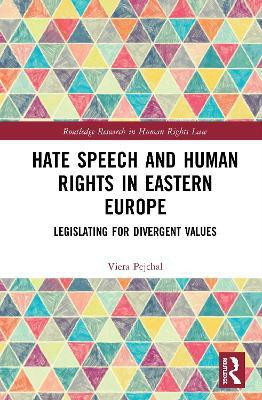Hate Speech and Human Rights in Eastern Europe(English, Hardcover, Pejchal Viera)
Quick Overview
Product Price Comparison
Hate Speech and Human Rights. Democracies need to understand these terms to properly adapt their legal frameworks. Regulation of hate speech exposes underlining and sometimes invisible societal values such as security and public order, equality and non-discrimination, human dignity, and other democratic vital interests. The spread of hatred and hate speech has intensified in many corners of the world over the last decade and its regulation presents a conundrum for many democracies. This book presents a three-prong theory describing three different but complementary models of hate speech regulation which allows stakeholders to better address this phenomenon. It examines international and national legal frameworks and related case law as well as pertinent scholarly literature review to highlight this development. After a period of an absence of free speech during communism, post-communist democracies have sought to build a framework for the exercise of free speech while protecting public goods such as liberty, equality and human dignity. The three-prong theory is applied to identify public goods and values underlining the regulation of hate speech in the Czech Republic and Slovakia, two countries that share a political, sociological, and legal history, as an example of the differing approaches to hate speech regulation in post-communist societies due to divergent social values, despite identical legal frameworks. This book will be of great interest to scholars of human rights law, lawyers, judges, government, NGOs, media and anyone who would like to understand values that underpin hate speech regulations which reflect values that society cherishes the most.


